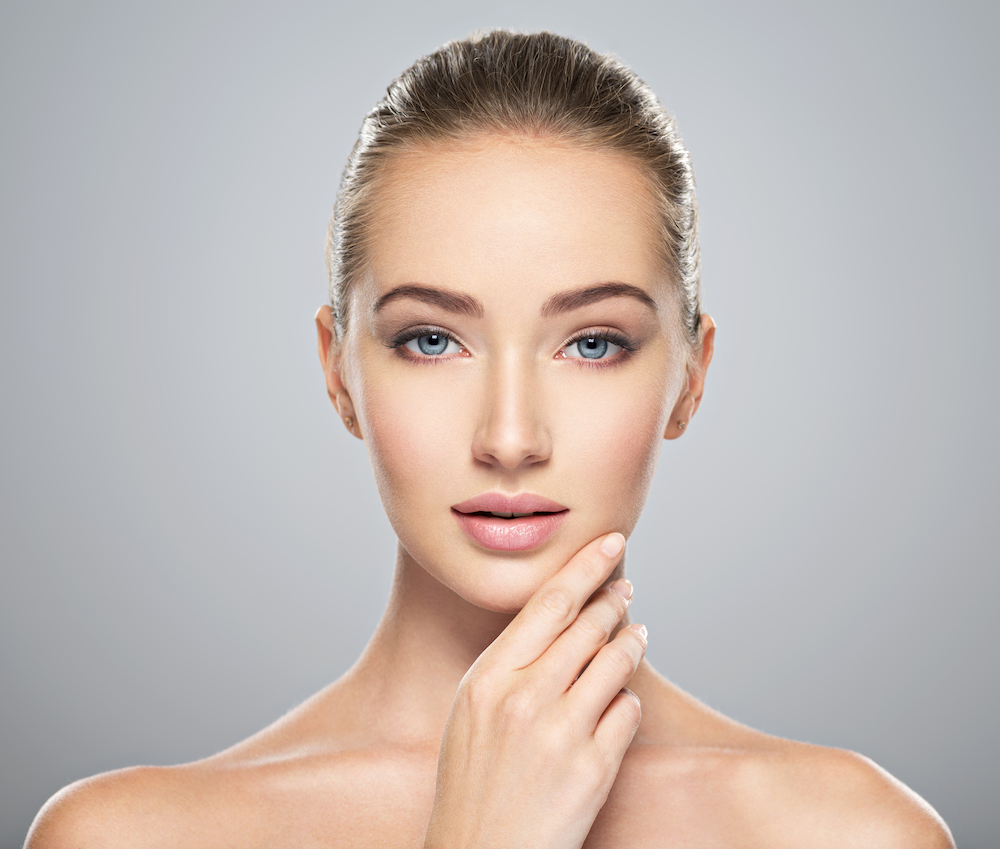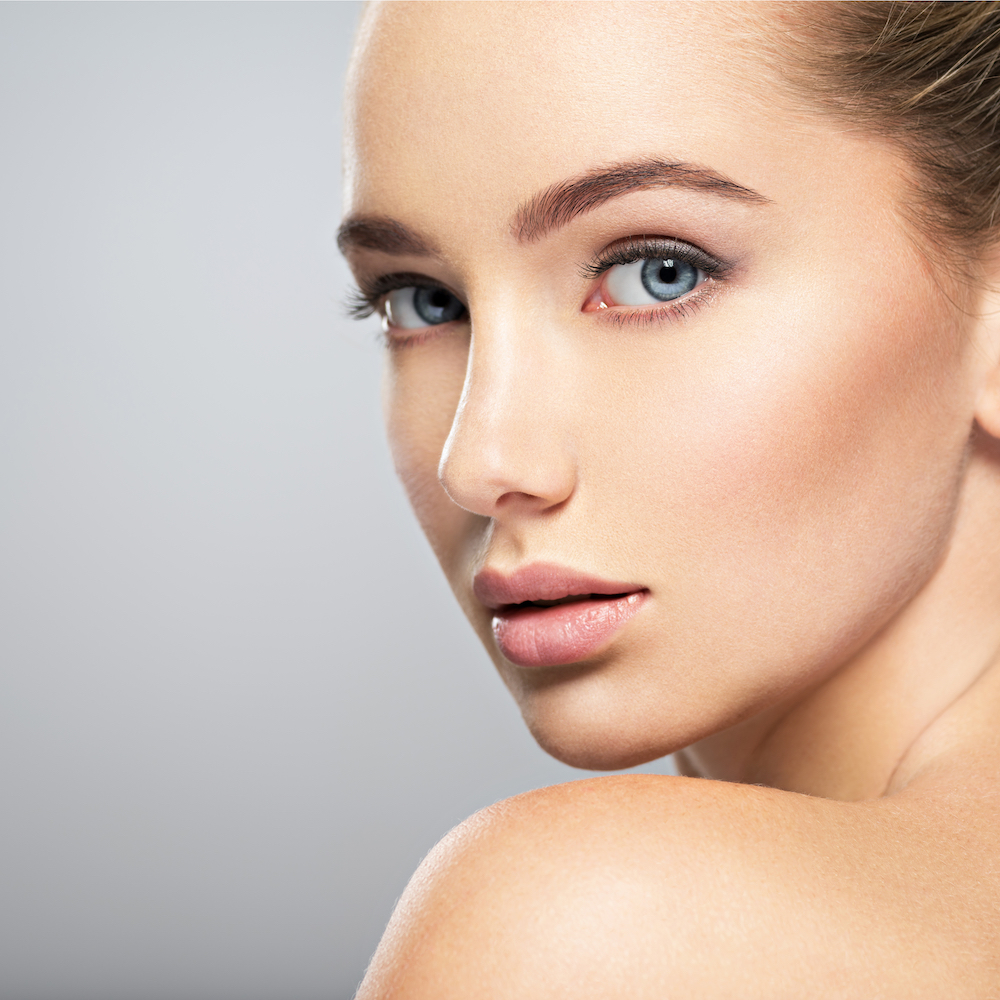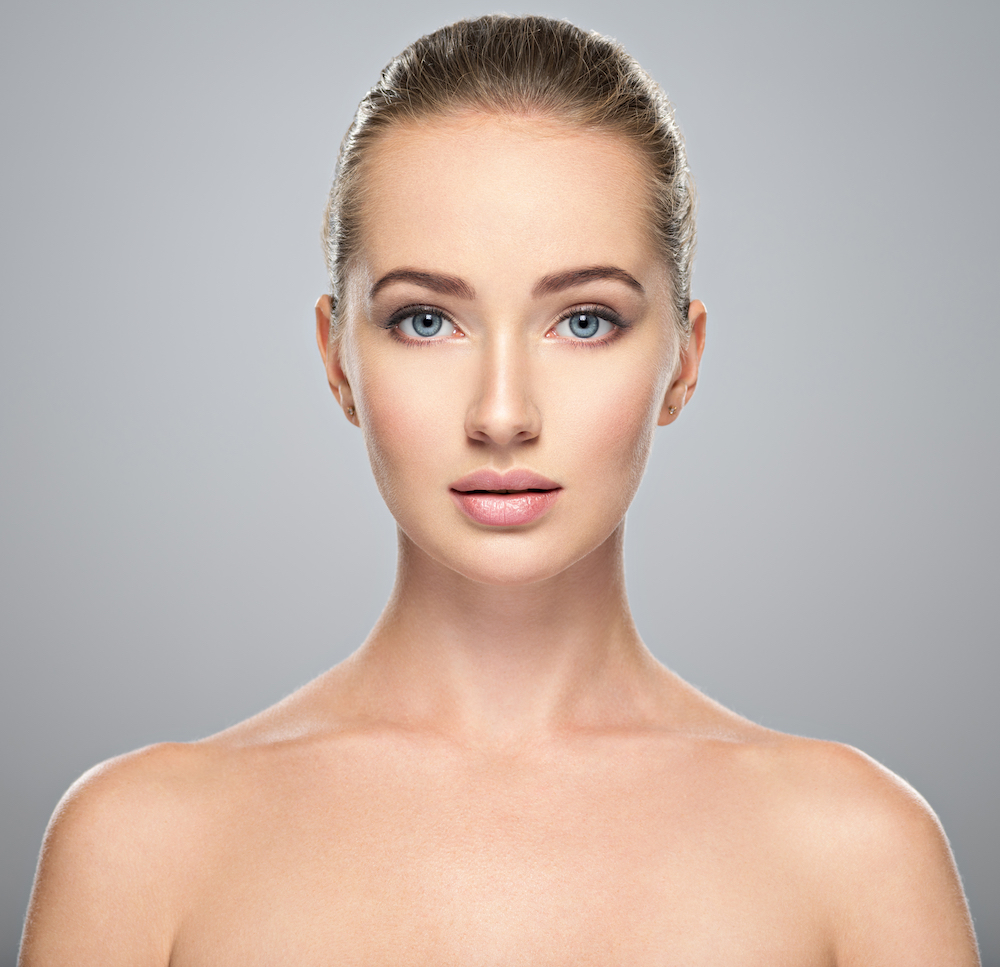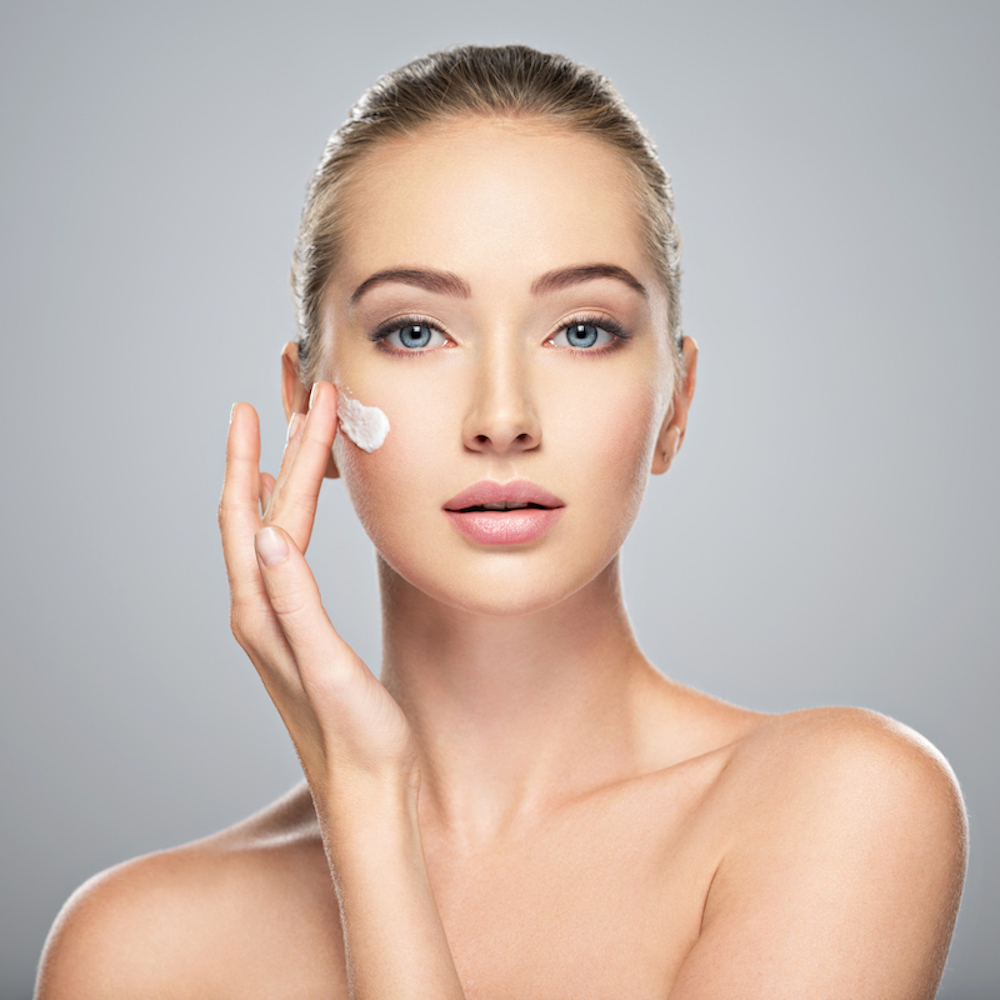It’s unfair to view beautiful people with flawless skin as our inspiration is to be like them. Celebrities, models and wealthy people have money to pay for beauty – whether that means Botox, facelifts, or expensive skin care products that promise to turn back the clock 10 years. Great skin care doesn’t need to cost an arm and a leg, and in fact the secret to getting unbelievable skin isn’t some obscure ingredient that you’ve never heard of or can’t pronounce – it’s vitamin C. When used well, vitamin C can have a dramatic, positive impact on your skin, and we outline how below.
Make Your Skin Glow
We aren’t talking about making your skin glow in the dark, we are talking about that healthy look to the skin when it appears refreshed and healthy. You may look at your face in the mirror and think that it looks so dull and boring and wish there was something you could do cost-effectively to remedy the issue. Your skin needs a lift from vitamin C and thanks to a quality product such as DermaC+ Anti-Aging Serum which has a healthy amount of vitamin C in it, your skin can go from dull to sharp in a short period of time.
Firm It Up
Vitamin C is a key component towards increasing collagen production – helping to reduce wrinkles and fine lines, and also to firm up the skin so it doesn’t hang low and sag. You want tight skin that doesn’t give into the law of gravity, and by using a vitamin C serum you can get smoother skin that stays upright – where it’s supposed to be.
Keep it Flat
Under-eye bags and circles make us look tired and appear older than we actually are. Red patches, puffiness, and other inflammation don’t do us any favors either, and often beauty products don’t communicate how they can help with these issues – because many don’t offer any benefit. Vitamin C serum is what you need to deal with challenges such as these as it relaxes the skin to flatten it out and alleviate the red patches to return to normal skin color.
Soothe Sunburns
We do our best to prevent sunburns from happening but they inevitably still happen from time to time, even when using sunscreen responsibly. Sunburns not only hurt the skin from a pain perspective but also make it red and look unhealthy. Vitamin C works its magic by accelerating cell turnover to take away the redness as quickly as possible, and the damaged cells are replaced with healthy new ones.
Combat Against Sun Damage
Skin that gets damaged by the sun can take on all kinds of different forms and is both on the surface level and underneath as well. Vitamin C protects all of the healthy skin cells so that they can maintain their integrity even when attacked by harmful UV rays that seek to do as much harm as possible.
Go Away Dark Spots
Dark spots can pop up from time to time on your face and elsewhere for various reasons, leaving your skin looking patchy and unhealthy. By using a vitamin C serum you can reduce the amount of melanin production that takes place – helping to reduce the dark spot aesthetic look and even fade them completely to reveal your skin’s natural color.
Keep Your Skin Hydrated
Maintaining your skin’s hydration becomes a more challenging endeavor as you age, but with the help from vitamin C, your skin can retain more moisture to keep it looking lush and healthy. Make the most out of the water you consume by using products that contain vitamin C – their magnesium ascorbyl phosphate property adds to and maintains the hydration your skin needs to look its best.
Using Vitamin C Serum
You may be thinking that vitamin C sounds like a miracle working solution, one that your skin needs but you worry about how well your skin can accommodate it. Vitamin C is very safe to use twice daily for all types of skin and issues, and positive anti-aging results are enjoyed over time. It should be noted that minor irritation can come as a result of long-term vitamin C use, in which case your doctor or dermatologist should be consulted for recommended future use.
We have several serum products that have vitamin C at their core, with the goal of returning skin to its natural glory years before aging was a significant factor.




